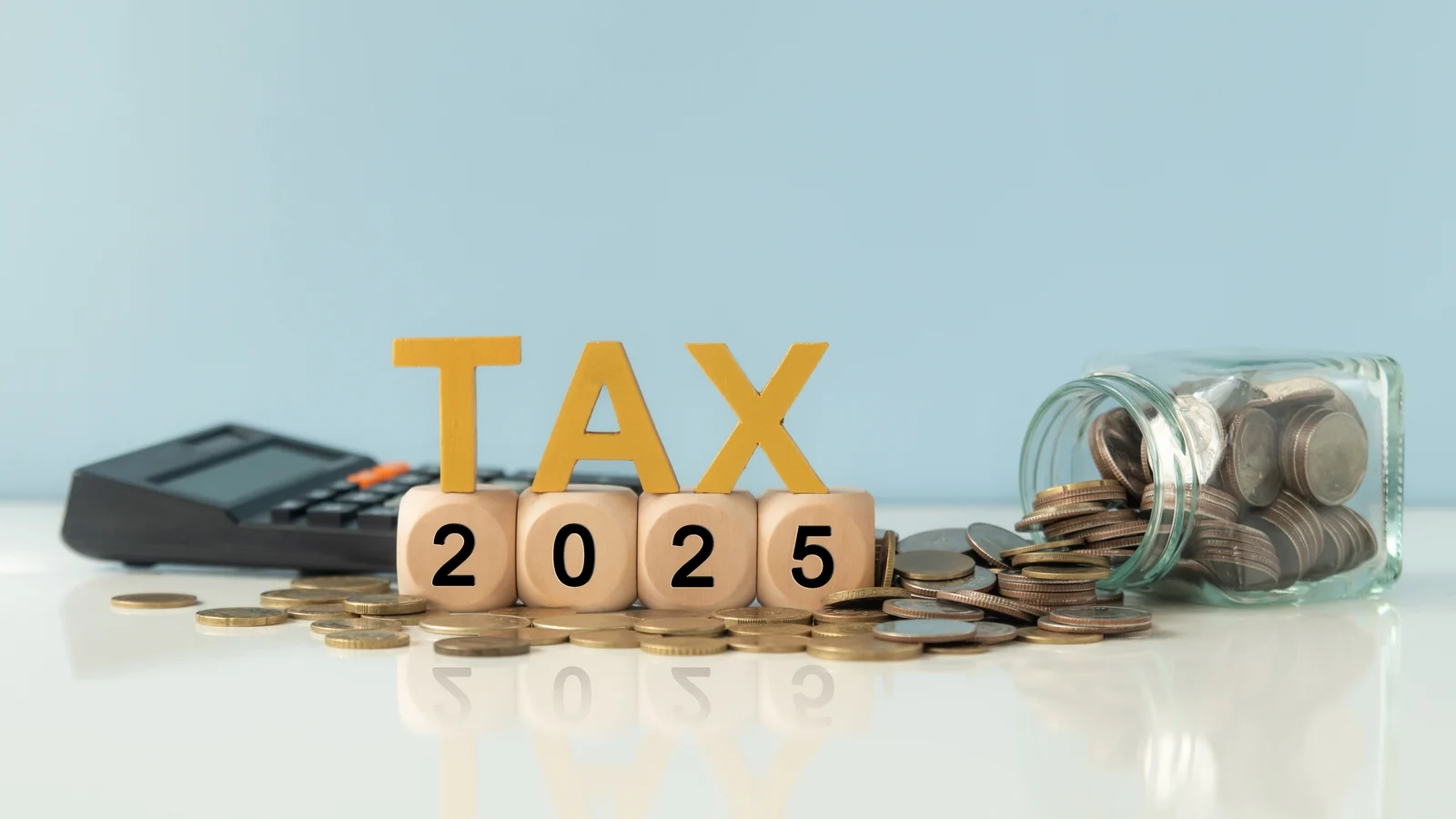On September 19, 2024, the Indonesian government officially passed the 2025 State Budget (APBN) with a key provision to increase the Value-Added Tax (PPN) from 11% to 12%. While this tax hike is expected to generate more revenue, it has been met with strong opposition from various sectors, including businesses, workers, and the general public.
Finance Minister Sri Mulyani Indrawati emphasized that although the new VAT rate will be implemented in 2025, it requires careful preparation to ensure smooth implementation. During a meeting with the House of Representatives' Commission XI on November 13, 2024, she acknowledged the need for effective communication with the public about the policy's rationale and goals. Sri Mulyani reassured stakeholders that the tax policy would not be implemented recklessly but with due consideration of its broader economic impacts.
In the same vein, the Directorate General of Taxes (DJP) outlined that the increased VAT would directly benefit the public by funding development programs and social assistance schemes. These include direct cash transfers (BLT), the Family Hope Program (PKH), and the Smart Indonesia Card (KIP) for school and university students, as well as subsidies for electricity, fuel, and fertilizers. This redistribution is intended to mitigate the potential burdens of the VAT hike.
However, not everyone agrees with the government's plans. Luhut Binsar Pandjaitan, Chairman of the National Economic Committee (DEN), recently indicated that the implementation of the 12% VAT may be delayed. A statement from DEN's spokesperson, Jodi Mahardi, confirmed that the government is still studying the proposal in light of both domestic and global economic conditions. Factors such as the outcome of the U.S. presidential election and the ongoing economic slowdown in China have prompted the government to reconsider the timing of the VAT hike.
The Indonesian business community has expressed strong concerns about the proposed VAT increase. Shinta Kamdani, Chairwoman of the Indonesian Employers Association (Apindo), argued that the hike would negatively impact the economy, especially given that consumer spending has yet to recover. According to her, the government should postpone the VAT increase until the economy shows stronger signs of recovery.
Ajib Hamdani, an economist with Apindo, pointed out that the current economic indicators suggest a fragile market with a decline in the purchasing power of the middle class. He stressed that implementing a VAT hike at this moment could slow down the recovery process. Furthermore, Apindo predicts that the recovery of consumer spending may take at least three to six months, especially after the 2024 regional elections, making 2025 an ill-timed period for tax hikes.
The retail sector is another industry poised to feel the effects of the VAT hike. Roy Nicholas Mandey, Chairperson of the Indonesian Retailers Association (Aprindo), warned that a 1% increase in VAT could lead to a price hike of 5-10% in retail products. This would directly affect consumer demand, particularly for non-essential items such as clothing and electronics. He emphasized that while the government needs funds, increasing VAT during a fragile economic period could be harmful to businesses, especially in the retail and hospitality sectors.
In addition to these concerns, the tourism industry has also raised alarms. Maulana Yusran, Secretary General of the Indonesian Hotel and Restaurant Association (PHRI), stated that the VAT increase would make holidays more expensive, as costs related to transportation and accommodation would rise. As tourism is a sector closely linked to various industries, any price hikes are expected to have a ripple effect throughout the economy, from airlines to local businesses.
Economists, such as Didik Rachbini from the Institute for Development of Economics and Finance (INDEF), argue that the timing of the VAT hike is problematic. With Indonesia's economic growth forecast to slow down to around 4.95% in the third quarter of 2024, implementing the tax increase would exacerbate economic challenges. Rachbini suggests that the government should delay the VAT rise until the economy shows clearer signs of recovery.
The proposed VAT hike is not only a matter of government policy but also a reflection of the broader economic strategies in play. As the government moves forward with its plans, it will have to weigh the potential benefits of increased tax revenue against the risks of stifling economic recovery. For businesses, decision-makers, and consumers alike, the coming months will be critical in determining how this new tax policy will unfold and affect the Indonesian economy.
KUMPARAN
Read More






 Thursday, 05-02-26
Thursday, 05-02-26







